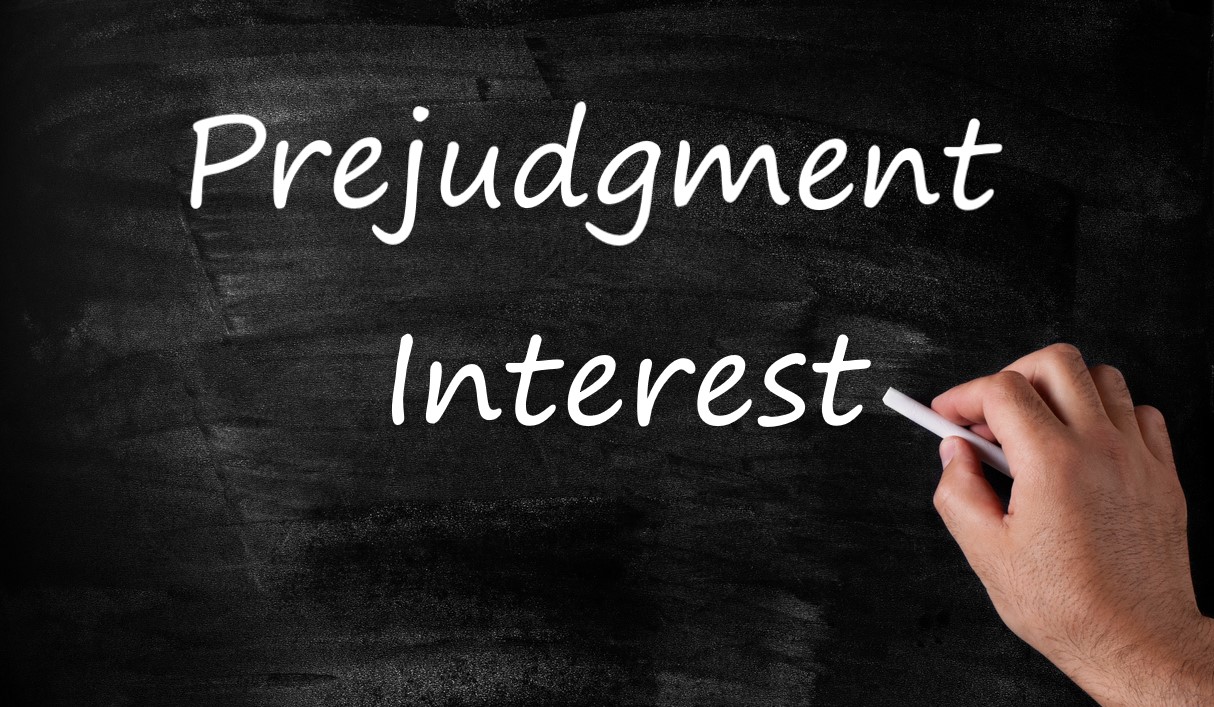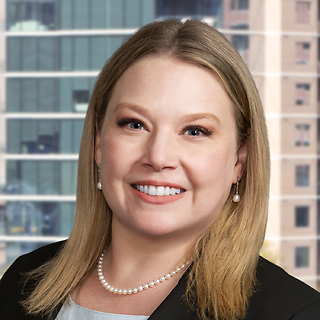In my last blog post I discussed the general duty of care insurance brokers and agents owe to insured’s in New York and the legal implications of these standards. In New York insurance brokers and agents are generally not deemed “fiduciaries” in the same sense as other professionals and are subsequently held to a lesser duty of care. There are, however, certain exceptions which will be the subject of this blog.
In New York, a broker has a common law duty to obtain the coverage his client requests within or reasonable time or inform the client that he is unable to do so.1 Beyond this the broker has no duty to “…advise, guide or direct a client to obtain additional coverage absent a special relationship (emphasis mine).2 This means that absent the broker’s failure to procure the specific insurance requested the onus is on the insured to make sure he or she has the right type and amount of coverage unless a “special relationship” can be established.
The law is not entirely clear on what constitutes a special relationship however, it is thought to arise when brokers or agents through their conduct “…assume or acquire duties in addition to those fixed at common law.”3 The general parameters of the type of conduct that may rise to this level are the agent receiving additional compensation, reliance on the agent regarding coverage issues, and long term course of dealings where the broker should reasonably expect his advise would be relied upon.4 Essentially, the courts are looking to see if the broker represented to the client a special expertise, or a special relationship of trust or confidence existed between the parties, possibly created by long term dealings, which the client relied upon.5
New York courts tend to interpret these guidelines narrowly when deciding whether facts establish the existence of a special relationship. There are, however, examples of the court finding in favor of a special relationship. In American Building Supply Corp v. Petrocelli Group,6 the court found that, because the insured made a specific request a special relationship was formed, in spite of the insured not reading its policy. Also, in Kimmel v. Schaefer,7 a commercial case, the court found justifiable reliance on the broker’s speech by the insured and found a special relationship existed.
Overall, however, the vast majority of courts in New York tend not to find for the existence of a special relationship that would elevate the conduct of a broker to that of a fiduciary. The safest strategy is to read and understand your policy, as well as to know your financial and insurance needs. It is best not to rely solely on the advice of your broker since you may bear the responsibility for whatever policy you choose.
1 Murphy v. Kuhn, 90 N.Y. 2d 266, 270, 660 N.Y.S 2d 371, 682 N.E. 2d 972 (1997).
2 Id.
3 Id.
4 Id. at 272, 660 N.Y.S. 2d 371, 682 N.E. 2d 972.
5 Kimmel v. Schaefer, 89 N.Y. 2d 257, 652 N.Y.S. 2d 715, 675 N.E. 2d 450 (1996).
6 American Building Supply Corp v. Petrocelli Group, 19 N.Y. 3d 730 (N.Y. Nov. 19, 2012).
7 Kimmel v. Schaefer, 89 N. Y. 2d 257, 264 (1996).



